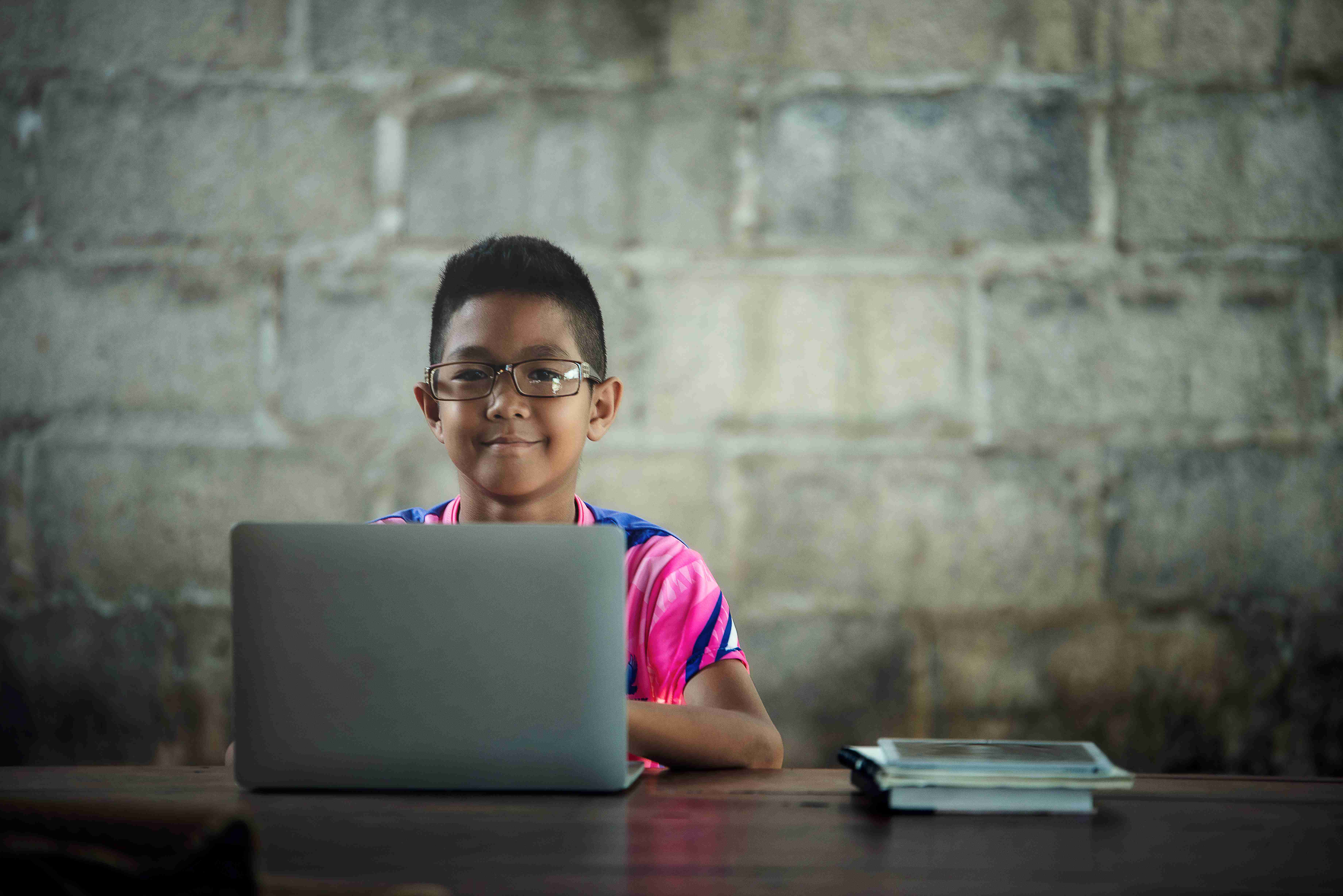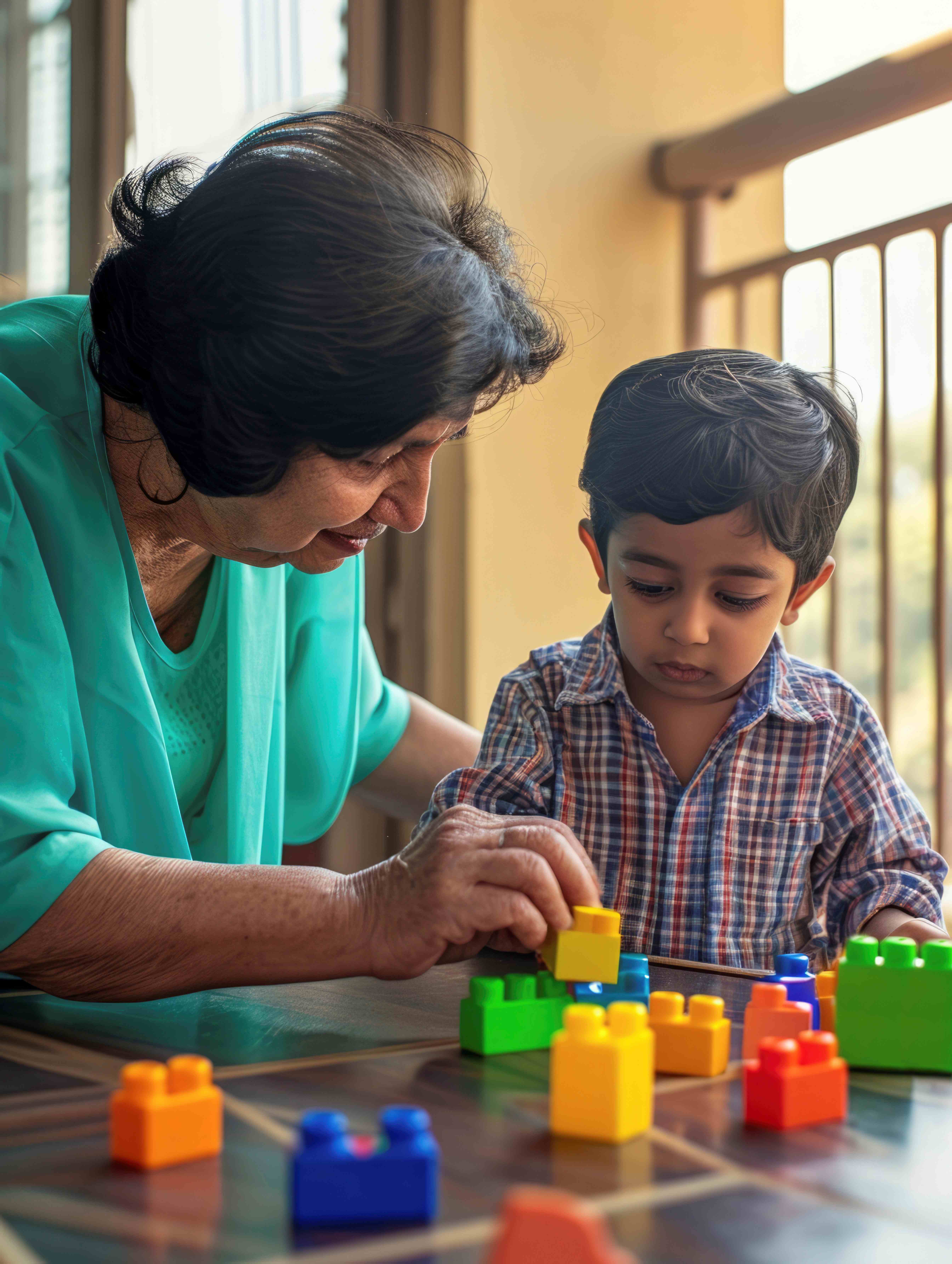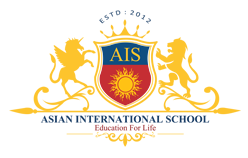Parenting in the Digital Age: How to Balance Screen Time and Well-being of Children

In today's rapidly evolving digital landscape, parenting has taken on new dimensions. The advent of technology has undeniably brought a plethora of opportunities and conveniences, but it has also introduced challenges, particularly concerning children's mental health and well-being.
At Asian International School, we are committed to addressing these challenges head-on, providing our students with the tools and environment necessary to thrive both intellectually and emotionally.
Understanding the Impact of Screen Time

Screen time, encompassing the use of devices such as smartphones, tablets, computers, and television, has become an integral part of children's daily lives. While these tools can be educational and entertaining, excessive use can have detrimental effects on mental health. Research indicates that prolonged screen time is associated with a range of issues including anxiety, depression, sleep disturbances, and impaired social skills.
Data-Driven Instruction
1. Anxiety and Depression: Studies have shown that children who spend more than three hours a day on electronic devices are at a higher risk of experiencing symptoms of anxiety and depression. This is largely due to the sedentary nature of screen time and the potential exposure to negative online content or cyberbullying.
2. Sleep Disturbances: The blue light emitted from screens can interfere with the production of melatonin, the hormone responsible for regulating sleep. This can lead to difficulty falling asleep and reduced sleep quality, which is crucial for the mental and physical development of children.
3. Social Skills: Excessive screen time can impede the development of crucial social skills. Children may become more isolated, preferring virtual interactions over face-to-face communication. This can affect their ability to form meaningful relationships and develop empathy.
Personalized Learning
Personalized learning is another trend gaining traction. This approach tailors education to meet the individual needs of each student. It involves creating customized learning plans, often using technology to provide adaptive learning experiences. Research by the RAND Corporation found that students in personalized learning environments made greater gains in mathematics and reading compared to their peers in traditional settings. For teachers, this means developing skills in differentiating instruction and using technology effectively.
Balancing Screen Time and Well-being

Setting Limits and Boundaries:
To mitigate the negative impacts of screen time, it is essential for parents to set clear limits and boundaries. The American Academy of Pediatrics recommends that children aged 6 to 18 should have consistent limits on the amount of time they spend on entertainment media. Here are some strategies:
1. Create a Schedule: Designate specific times for screen use, ensuring it does not interfere with essential activities such as homework, physical exercise, and family time.
2. Tech-Free Zones: Establish areas in the home, such as the dining room and bedrooms, where screens are not allowed. This encourages children to engage in other activities and ensures they have a screen-free environment conducive to sleep.
3. Co-Viewing and Engagement: Whenever possible, parents should co-view digital content with their children. This allows for discussions about the content and promotes critical thinking.
Encouraging Alternative Activities:

Promoting activities that do not involve screens is crucial for the holistic development of children. Here are some suggestions:
1. Physical Exercise: Encourage participation in sports, outdoor play, or any form of physical activity. Exercise is known to boost mood, improve concentration, and enhance overall well-being.
2. Creative Pursuits: Engaging in creative activities such as drawing, painting, writing, or playing a musical instrument can help in the development of fine motor skills and foster emotional expression.
3. Reading: Cultivate a love for reading by providing a variety of books that cater to your child's interests. Reading not only improves literacy skills but also enhances imagination and empathy.
The Role of Asian International School
At Asian International School, we recognize the importance of balancing screen time with activities that promote intellectual and emotional growth. Our curriculum is designed to nurture both IQ (Intelligence Quotient) and EQ (Emotional Quotient), ensuring that our students develop into well-rounded individuals.
Nurturing IQ and EQ:
1. Innovative Learning Methods: We incorporate technology in a balanced manner, using digital tools to enhance learning while ensuring it does not overshadow traditional methods. Our classrooms are equipped with interactive smart boards, and students have access to a range of educational apps that make learning engaging and effective.
2. Holistic Education: Our approach to education goes beyond academics. We emphasize the importance of emotional intelligence, teaching our students skills such as empathy, self-regulation, and effective communication. Through various programs and activities, we help students understand and manage their emotions, fostering resilience and interpersonal skills.
3. Extracurricular Activities: We offer a wide range of extracurricular activities, from sports and arts to clubs and societies. These activities provide students with opportunities to explore their interests, develop new skills, and form meaningful relationships with their peers.
Support from Child Counselors:
Our team of experienced child counselors plays a vital role in supporting the mental health and well-being of our students. They provide:
1. Counseling Services: Available to all students, our counseling services offer a safe space for children to discuss any issues they may be facing, whether related to screen time, academic stress, or personal challenges.
2. Workshops and Seminars: Regular workshops and seminars for students and parents focus on various aspects of mental health, including managing screen time, dealing with stress, and fostering healthy relationships.
3. Parental Guidance: We understand that parents are crucial partners in their child's development. Our counselors provide guidance and support to parents, helping them navigate the complexities of parenting in the digital age.

Parenting in the digital age requires a careful balance between leveraging the benefits of technology and safeguarding the mental health and well-being of children. At Asian International School, we are committed to providing a supportive and enriching environment that fosters both intellectual and emotional growth. By setting appropriate limits on screen time, encouraging alternative activities, and offering comprehensive support, we can help our children thrive in today's digital world.
We invite parents to join us in this endeavor, working together to ensure that our children grow up healthy, happy, and well-equipped to face the challenges of the future. With the right guidance and support, we can make the digital age a time of unparalleled opportunity and growth for our children.
Also Read: How to Nurture your child's strength: A guide to parents of teenagers

- New Korolah, NH-6, Alampur Howrah - 711 302 (Near Kona Express Highway)
- +91 96742 77777, 90073 65555
- info@aisedu.org
Copyright © Asian International School. All rights reserved. | Terms & Conditions | Refund Policy | Privacy Policy



